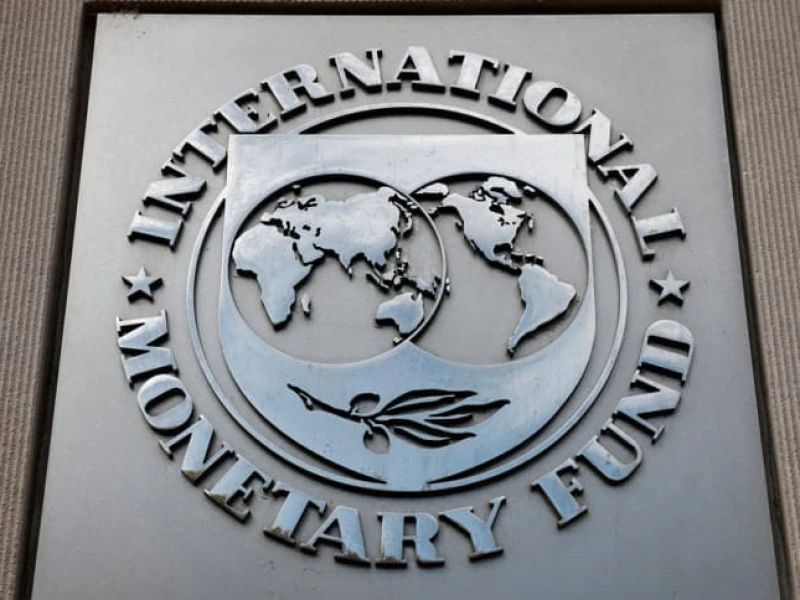Bangladesh has made progress in stabilising its economy, but mounting macro-financial challenges—driven by weak tax revenue, banking sector vulnerabilities, and persistently high inflation—continue to weigh on growth prospects, the International Monetary Fund (IMF) said on Thursday.
In a press statement issued by Chris Papageorgiou, who led the IMF’s 13-day review mission in Dhaka, the lender stressed that “bold policies” are essential to safeguard fiscal sustainability and restore strong, inclusive growth.
The IMF cautioned that “downside risks remain significant,” particularly if key reforms are delayed or fall short of requirements. The mission team visited Dhaka from 29 October to 13 November to review progress under the Extended Credit Facility (ECF), Extended Fund Facility (EFF), and Resilience and Sustainability Facility (RSF).
According to the IMF, Bangladesh’s GDP growth slowed to 3.7% in FY25, down from 4.2% in FY24, due to production disruptions during the recent uprising, tighter policy measures, and growing economic uncertainty. Although headline inflation declined from double-digit levels earlier in FY25, it remained elevated at 8.2% year-on-year in October.
Papageorgiou noted that authorities have taken “notable steps” to maintain stability, including tightening fiscal and monetary policies and implementing exchange rate reforms that helped foreign exchange reserves begin to rebuild. However, he warned that the economy still faces “significant macro-financial challenges,” especially from weak tax mobilisation and undercapitalised banks.
Looking ahead, the IMF projects GDP growth to recover to nearly 5% in FY26 and FY27, while inflation is expected to stay high at 8.8% in FY26 before easing to 5.5% in FY27.
The IMF urged Bangladesh to undertake ambitious tax reforms, including eliminating reduced VAT rates, removing unnecessary exemptions, and raising the minimum turnover tax for corporations. Strengthening tax administration and improving public financial management would also help create fiscal space for social spending, infrastructure, and financial sector support.
On banking reforms, the lender called for a credible, government-wide strategy to address weak banks, including a clear assessment of system-wide capital shortages, potential fiscal needs, and robust restructuring or resolution options. It recommended expanding Asset Quality Reviews to all systemically important and state-owned banks.
The IMF reiterated that monetary policy must remain tight until inflation returns to its target range of 5–6%, and urged full implementation of the new exchange rate regime to improve policy effectiveness.
Beyond macroeconomic stabilisation, the lender highlighted the importance of structural reforms to boost governance, curb youth unemployment, strengthen anti-corruption efforts, diversify exports, and build climate resilience. It praised Bangladesh’s progress under the RSF but stressed the need to scale up climate finance.
Discussions on the IMF programme’s fifth review will continue, the institution said, reaffirming its commitment to support Bangladesh’s pursuit of sustained macroeconomic stability and broad-based growth.
During its stay in Dhaka, the IMF mission reviewed Bangladesh Bank operations, assessed revenue shortfalls, and sought clarity on the government’s borrowing plans. The team also met leaders of BNP and Jamaat to understand their economic reform priorities.


-1763049646.webp) Prev Post :
Prev Post :
